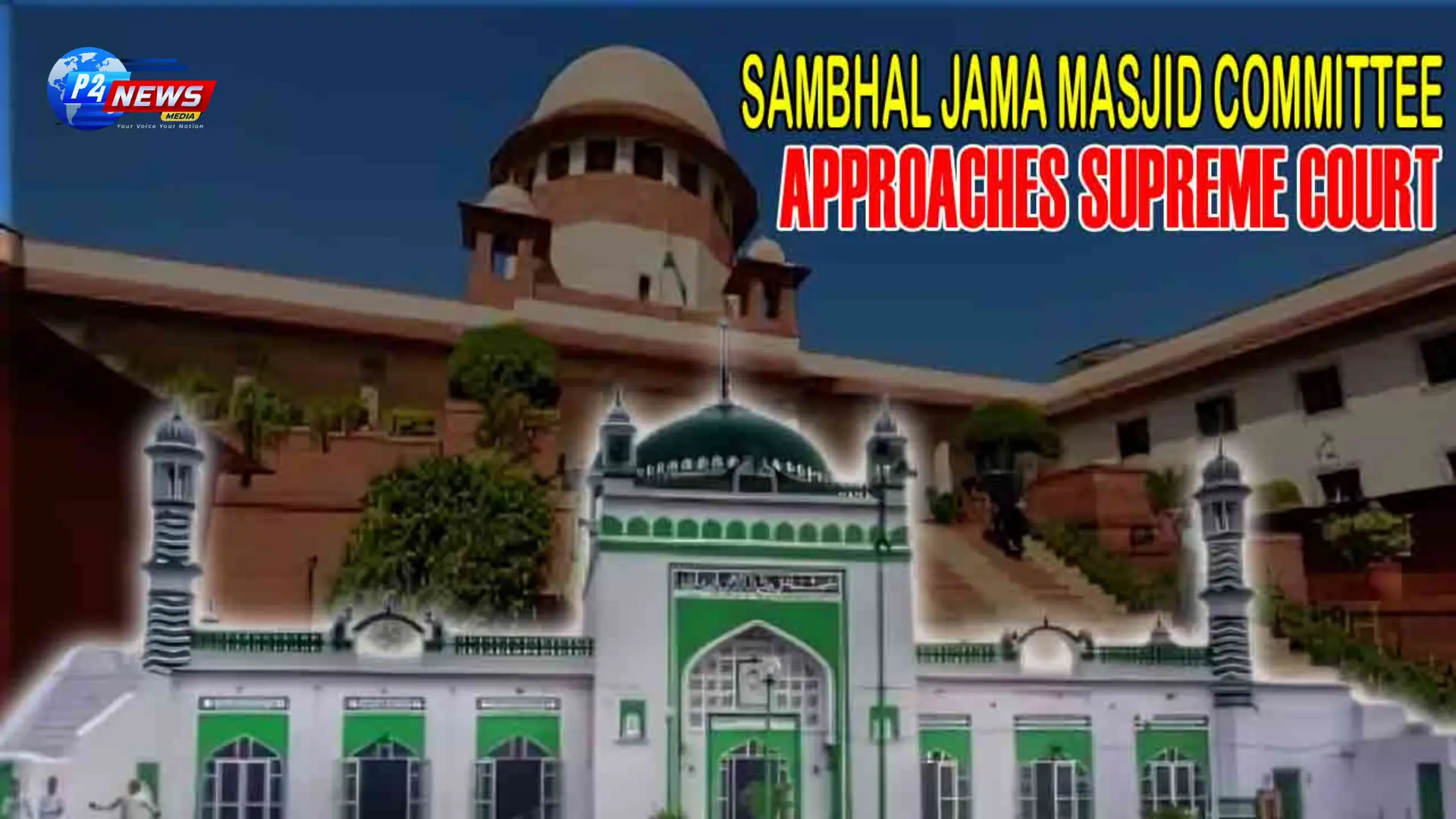The Supreme Court of India is set to address a challenging case surrounding the Mughal-era Shahi Jama Masjid in Sambhal, which has already led to significant unrest, including the loss of lives. The Masjid Committee is petitioning for an immediate stay on a lower court's order regarding a survey that triggered violent confrontations. This case, described by the Chief Justice as “extraordinary,” poses implications for communal harmony in India.
The ongoing dispute over the historic Shahi Jama Masjid in Sambhal has now reached the Supreme Court of India, stirring public sentiment and prompting critical discussions on religious tensions in the country. The Masjid Committee is appealing to the Supreme Court to intervene and put a stop to a survey mandated by a lower court, which they argue was conducted hastily and without proper consideration of the involved parties. The previous order resulted in widespread violence leading to fatalities and numerous injuries, raising alarms regarding the state's handling of religious sites.
Brought to the forefront after a petition alleged the mosque was built over a temple dedicated to Kalki, the Supreme Court had initially directed a survey on November 19. However, the situation escalated dramatically following a second survey that faced significant backlash from the local community, culminating in protests on November 24. These protests erupted into violence, highlighting the potential dangers of legal interventions perceived as favoring one religious group over another.
The Masjid Committee's petition raises concerns about the civil court’s procedures, claiming that decisions were made unilaterally without hearing from all stakeholders. The committee posits that such actions could ignite communal tensions further, endangering the fragile social fabric of the nation. This case comes against the backdrop of the Places of Worship Act, 1991, which asserts that the status of places of worship should remain unchanged from their state in 1947, with the exception of the Ayodhya case.
Interestingly, earlier this year, the Supreme Court permitted a survey at the Gyanvapi Mosque in Varanasi, interpreting the provisions of the Places of Worship Act in a manner that ignited further debate on the issue. Following the Sambhal violence, political reactions have surged, with leaders from various parties condemning the actions leading up to the violence. Former Jammu and Kashmir Chief Minister Mehbooba Mufti voiced her disdain for the Supreme Court's previous rulings, claiming they have instigated tensions between Hindu and Muslim communities.
The implications of the Sambhal incident have resonated throughout the Indian Parliament, causing significant uproar among opposition members who demanded accountability for the violence. Amid rising tensions, the local Uttar Pradesh police have taken precautionary measures, including flag marches ahead of major prayers, to maintain order in the area.
As the Supreme Court gears up for tomorrow's hearing, the emphasis will be on how the judiciary balances the sensitivities surrounding religious sites and community relations. The outcome could set a precedent for similar disputes across India, underscoring the complexities of maintaining secularism in a diverse society.
















Comments 0